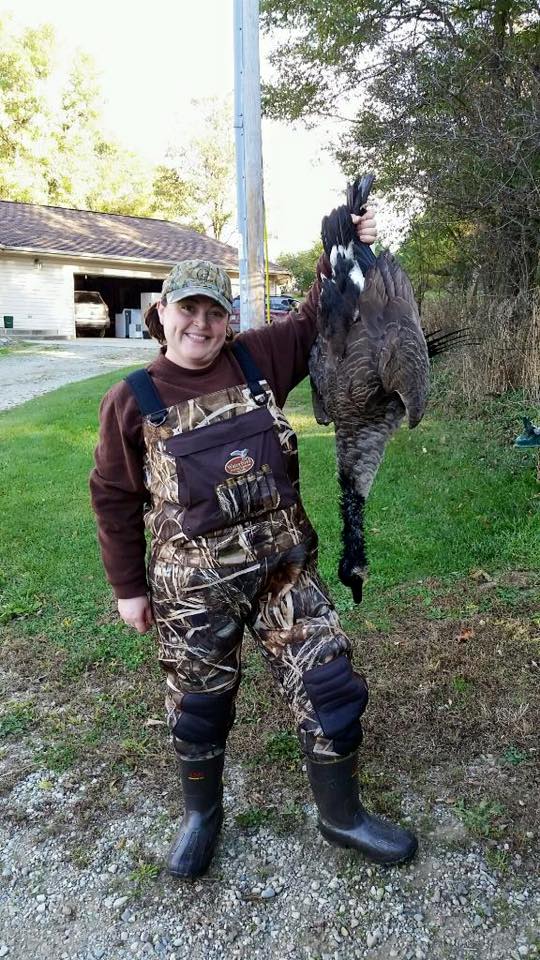
THREAT OF AVIAN INFLUENZA RETURNS WITH WILD BIRD MIGRATION
 In the early summer, waterfowl hunters and poultry farmers alike heard disturbing news about highly pathogenic avian influenza virus reaching Michigan’s wild goose population in Macomb County. MDARD has released a statement this week that reminds waterfowl hunters that they shouldn’t be worried, but to take common sense precautions while processing waterfowl.
In the early summer, waterfowl hunters and poultry farmers alike heard disturbing news about highly pathogenic avian influenza virus reaching Michigan’s wild goose population in Macomb County. MDARD has released a statement this week that reminds waterfowl hunters that they shouldn’t be worried, but to take common sense precautions while processing waterfowl.
The hunting seasons will continue as usual. Duck and goose hunters will be encouraged to follow biosecurity protocols when hunting, such as:
- not eating or drinking while handling birds;
- wearing gloves while processing birds;
- avoiding direct contact with and then quickly and properly disposing of intestinal contents, and
- thoroughly washing hands and utensils.
Pictured here is MUCC’s Deputy Director Amy Trotter with her first goose of the season!
Learn More from the Michigan Department of Agriculture and Rural Development Press Release:
Media contact: Jennifer Holton, 517-284-5724
LANSING – This past spring poultry farmers across the United States were affected by a highly pathogenic avian influenza virus, which has been documented as the largest domestic animal health disaster in U.S. history.
Today, the Michigan departments of Agriculture and Rural Development and Natural Resources reminds domestic poultry owners to be aware of the disease risks present during the fall migration of wild birds. Wild birds can carry various diseases that may spread to poultry operations if the wild and domestic birds have an opportunity to intermingle.
Avian influenza viruses have been found in many wild bird species including shorebirds, quail and pheasants, but are most often found in migratory waterfowl like ducks, geese and swans.
Although no cases of HPAI were detected in domestic birds in Michigan, backyard poultry owners should take precautions to prevent contact between their birds and wild birds. Precautions include:
· Restricting outdoor access, including access to open ponds.
· Using well water or municipal water as drinking water for birds.
· Keeping poultry feed secure so it’s not accessible to wild birds or rodents.
“Avian influenza is a virus circulating in the environment,” said Dr. James Averill, MDARD’s State Veterinarian. “Practicing proper biosecurity and preventing contact with wild birds should always be a priority for poultry owners.”
The DNR routinely conducts avian influenza surveillance on wild bird populations, examining deceased wild birds as well as live-trapped wild birds.
Waterfowl hunters should have little concern about avian influenza, but are encouraged to follow precautions when processing waterfowl, such as not eating or drinking while handling birds; wearing gloves while processing birds; avoiding direct contact with and then quickly and properly disposing of intestinal contents, and thoroughly washing hands and utensils.
If you think you have a sick backyard bird, contact your local veterinarian. However, if your flock is experiencing severe illness or multiple death losses, contact MDARD at 800-292-3939 or for after-hours emergencies call 517-373-0440. Michigan residents who notice the death loss of three or more wild birds should report it to the DNR Wildlife Disease Laboratory at 517-336-5030.
